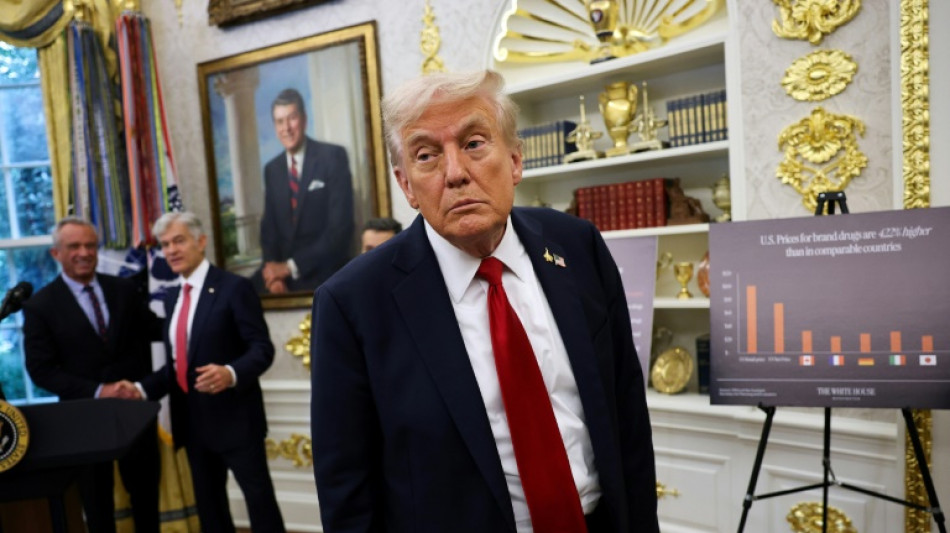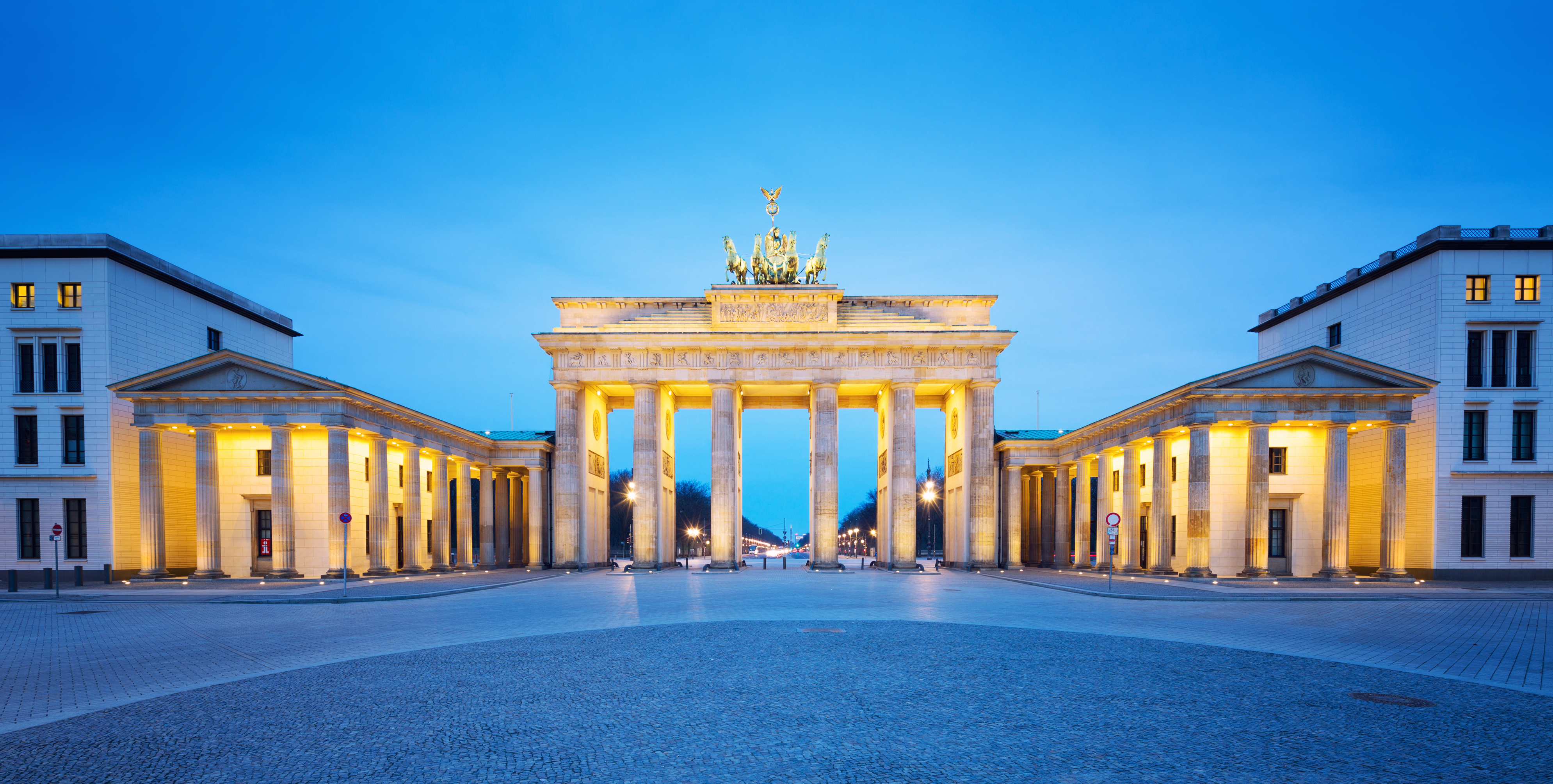

Trump says US government will 'probably' shut down
President Donald Trump said Tuesday the US government would probably see its first shutdown in more than six years, with funding expiring at midnight and no breakthrough in sight on deadlocked negotiations between Democrats and Republicans.
"We'll probably have a shutdown," Trump told reporters in the Oval Office just hours before the deadline for a deal. "Nothing is inevitable but I would say it's probably likely."
Trump's assessment came after a last-gasp meeting at the White House on Monday yielded no progress, with top Senate Democrat Chuck Schumer saying afterward that "large differences" remained between the sides.
Trump blamed Democrats over the stalled talks and threatened to punish the party and its voters during any stoppage by targeting progressive priorities and forcing mass public sector job cuts.
"We can do things during the shutdown that are irreversible that are bad for them... like cutting vast numbers of people out, cutting things that they like," he warned.
Democrats, in the minority in both chambers of Congress, have been seeking to flex rare leverage over the federal government, eight months into Trump's barnstorming second presidency that has seen entire government agencies dismantled.
The 100-member Senate requires 60 votes to pass government funding bills to pass by 60 votes -- seven more than the Republicans control.
With no sign of compromise, an afternoon Senate vote was expected on a short-term funding extension already passed by the House of Representatives, although there was little hope it would succeed.
A shutdown would see nonessential operations grind to a halt, leaving hundreds of thousands of civil servants temporarily without pay, and payment of many social safety-net benefits potentially disrupted.
- 'On vacation' -
US government shutdowns are deeply unpopular, and Democrats and Republicans alike try to avoid the scenario -- while blaming the other camp in the event of a closure.
Republicans have proposed to extend current funding until late November, pending negotiations on a longer-term spending plan.
Democrats want to see hundreds of billions of dollars in healthcare spending for low-income households restored, which the Trump administration is likely to eliminate.
The House has already passed a seven-week stop-gap funding measure, and Republican Speaker Mike Johnson has sought to force Senate Democrats' hands by not bringing his chamber back to Washington this week.
But many Democrats have shown up and House Minority Leader Hakeem Jeffries assembled dozens of his members in front of the US Capitol to berate Republicans for being "on vacation" as the shutdown looms.
"We're not going to support a partisan Republican spending bill that continues to gut the health care of the American people -- not now, not ever," he added.
The gridlocked Congress regularly runs into deadlines to agree on spending plans.
In March of this year, with the threat of another shutdown looming, Republicans refused to engage in dialogue with Democrats over massive budget cuts and the layoffs of thousands of federal employees.
Senate Democrats reluctantly provided the votes to end the stand-off but the decision angered the party base.
The longest shutdown in history -- and the latest -- came during Trump's first term, when government functions were halted for 35 days beginning December 2018.
C.Seifert--BVZ




